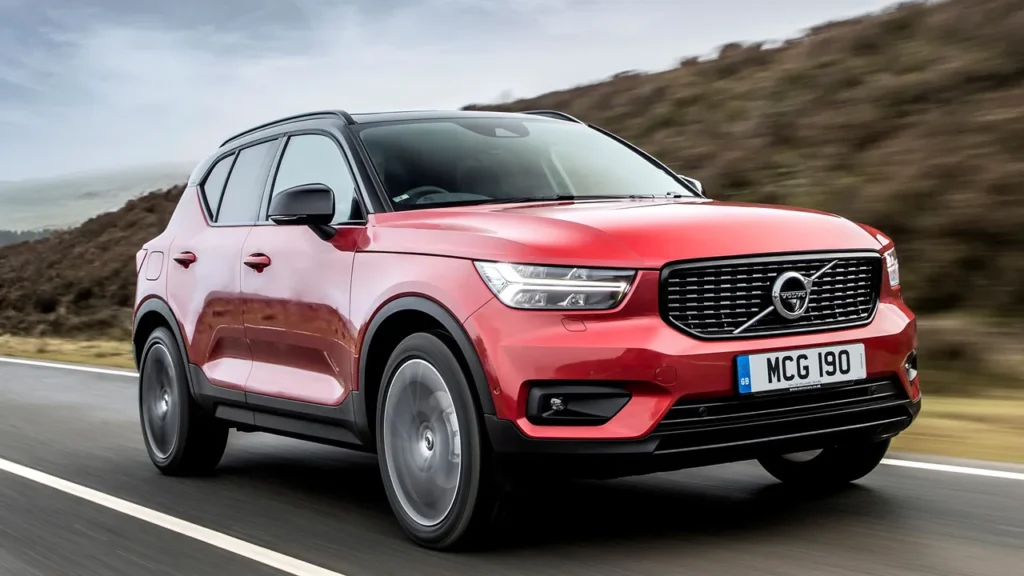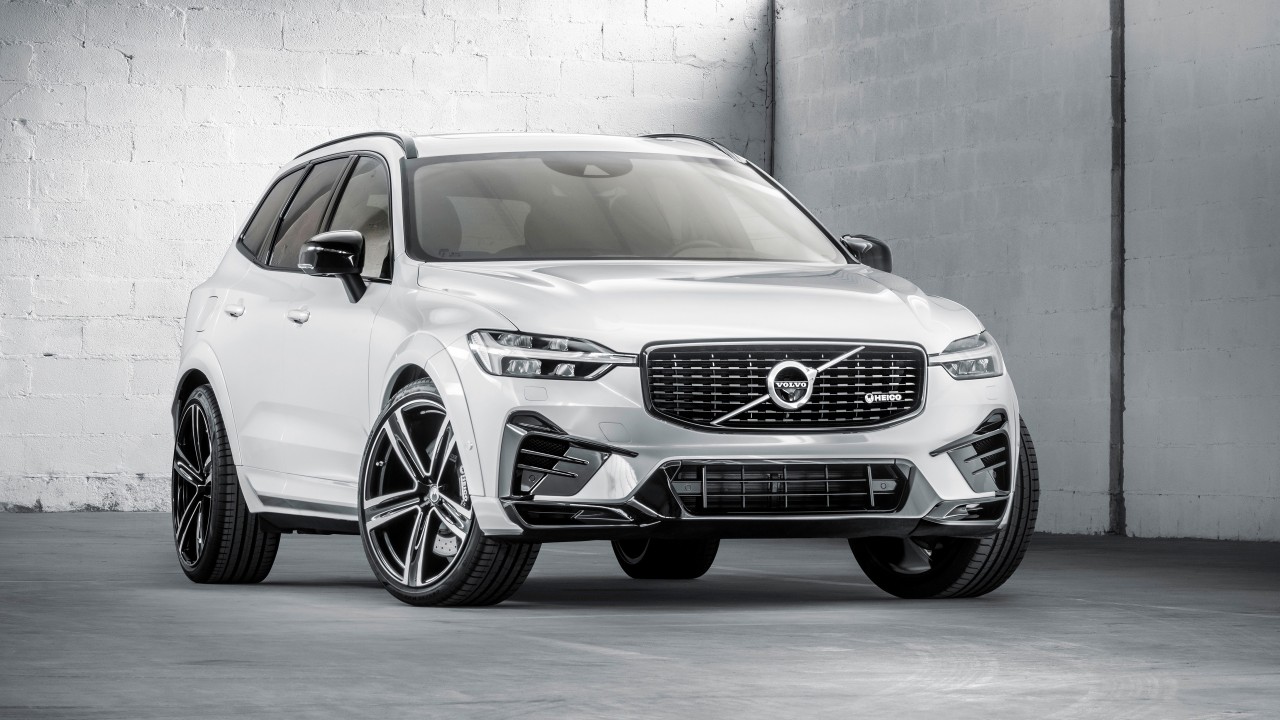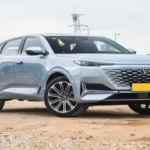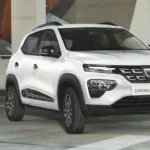Volvo Cars, a well-known Swedish luxury automobile manufacturer, has announced that it will raise prices across its range of vehicles in India this year. This move follows the ongoing trend in the automotive industry, where several manufacturers are adjusting their prices due to rising production costs, inflation, and global supply chain challenges. While the exact models affected by the price increase have not been fully disclosed, the shift will likely impact Volvo’s popular lineup, including sedans, SUVs, and electric vehicles (EVs).
Why Volvo is Raising Prices
Volvo’s decision to increase prices is largely driven by rising costs of raw materials, increased import duties, and the global shortage of semiconductor chips. These factors have made it more expensive for automakers to produce and deliver vehicles to market. Additionally, fluctuations in exchange rates and the cost of logistics have further contributed to the need for price adjustments.
In India, many of Volvo’s vehicles are imported as completely built-up units (CBUs), which adds to their cost. With these external pressures affecting production costs, the price increase is seen as a necessary move for the brand to maintain its business operations while still delivering the high-quality vehicles that Volvo customers expect.
Models Likely to Be Affected
The price increase will likely affect a wide range of Volvo models available in India, including popular models such as the XC40, XC60, and the flagship XC90 SUVs. These vehicles have been well-received in the Indian market for their safety features, Scandinavian design, and reliable performance. In addition to these SUVs, sedans like the Volvo S60 and S90 may also experience price hikes.
Volvo’s electric vehicles, including the XC40 Recharge and upcoming models in the electric lineup, may also see an increase in prices as the brand pushes forward with its commitment to sustainability and greener mobility. As India’s demand for electric vehicles rises, the price adjustment could impact potential buyers looking to invest in eco-friendly options.

Impact on the Luxury Car Market in India
The luxury car market in India has seen consistent growth over the past few years, fueled by rising incomes and an expanding base of affluent consumers. Volvo has successfully positioned itself as a premium brand that prioritizes safety, sustainability, and minimalist design, which has resonated with many luxury car buyers.
However, the price increase could shift consumer behavior, especially for potential buyers who were eyeing Volvo’s more affordable offerings, such as the XC40. As competition in the luxury vehicle segment continues to intensify, with brands like BMW, Mercedes-Benz, and Audi offering similar features and performance, Volvo will need to ensure that its value proposition remains attractive even with the higher prices.
Despite this, Volvo’s emphasis on safety and eco-friendly technology continues to be its defining feature. For those who prioritize these aspects, the price hike might not be a significant deterrent. Furthermore, Volvo’s commitment to offering advanced driver-assist features, robust after-sales service, and a premium ownership experience will likely help the brand maintain its appeal in India.
What Volvo Offers in Terms of Technology and Safety
One of the standout features of Volvo cars is their focus on safety. The Swedish automaker has long been a leader in the field, equipping its cars with cutting-edge safety features such as Pilot Assist, Lane Keeping Aid, City Safety, and Collision Avoidance Technology. These features have become increasingly important to Indian buyers, who are seeking not just luxury, but also reliable and safe driving experiences.
Additionally, Volvo’s integration of sustainable technology is making waves in the Indian market. With its EV offerings like the XC40 Recharge, the company is actively contributing to the growing trend of environmentally conscious consumers looking for vehicles that combine luxury with sustainability. As electric mobility continues to evolve, Volvo’s commitment to a fully electric lineup by 2030 positions it as a strong player in the eco-friendly segment.
What to Expect from Volvo in the Future
As part of its long-term strategy, Volvo is focused on expanding its electric vehicle portfolio in India. The price increase is unlikely to dampen the brand’s push for electric mobility, and future models, including more affordable EV options, are expected to help Volvo maintain its competitive edge in the Indian market.
Additionally, the company is expected to strengthen its after-sales service and dealership network to offer a seamless experience for customers across the country. The luxury car market in India is growing rapidly, and Volvo’s commitment to innovation, safety, and sustainability positions it to continue being a leader in the segment.
Conclusion
The decision by Volvo to raise prices in India reflects the broader challenges faced by the automotive industry due to rising costs and supply chain disruptions. While the price increase may impact some potential buyers, Volvo’s reputation for safety, luxury, and sustainability will likely continue to resonate with customers. As the demand for electric vehicles grows, Volvo’s strong portfolio of eco-friendly cars will play a crucial role in its future success in India.
For those considering purchasing a Volvo, now may be the right time to act before the price adjustments take effect. Despite the hike, Volvo’s commitment to delivering high-quality, safe, and innovative vehicles ensures that the brand remains a top choice in India’s competitive luxury car market.







